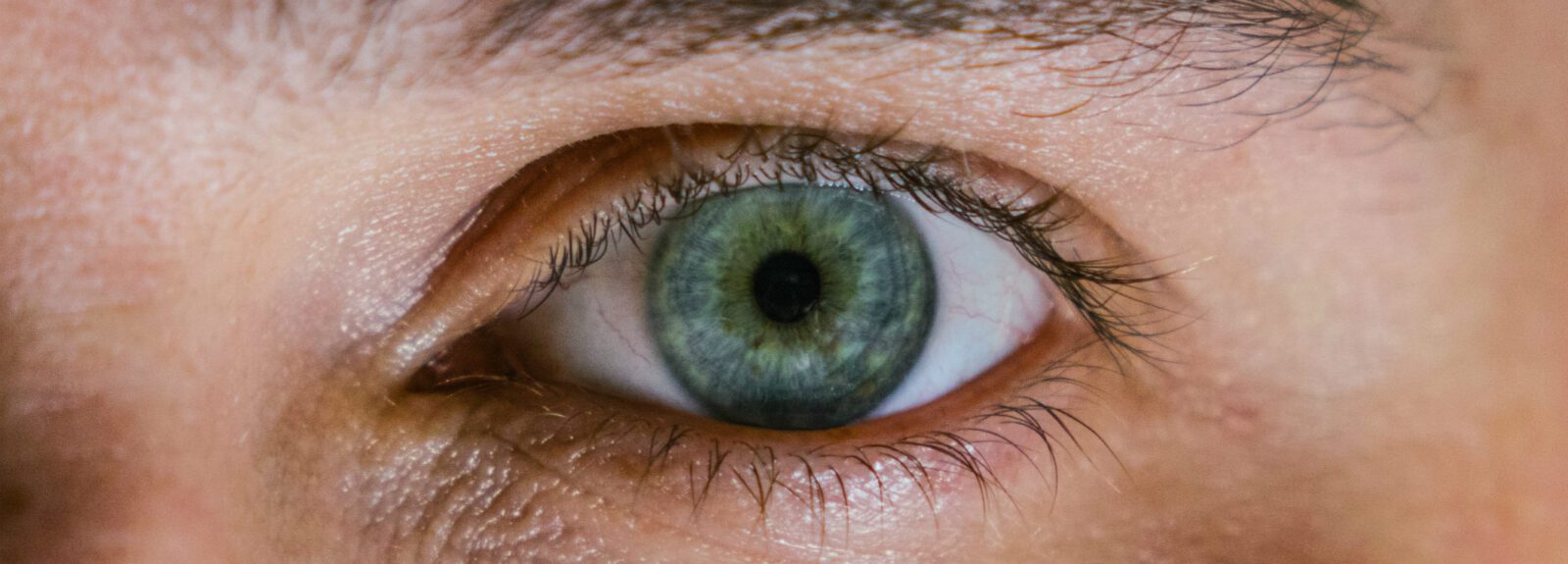What Drug is my Teen Using


Parents often wonder what their kids are getting into when it comes to early experimentation with drugs and alcohol. For those who have experimented themselves, it may be easier to tell when their teen comes home high after smoking marijuana with their friends.
For parents who have less experience themselves, or who fear the drug being used is outside of their prior experience wheelhouse, this brief guide may help you know where to start.
Before you figure out what your teen may be using, you’ll probably notice some behaviors that make you question what is going on. Here are a few telltale signs that your adolescent is probably using drugs or alcohol:
The only way to know for sure is to get a drug test or an admission, but short of that, there are some hints that can help you piece together which drugs your teen is using.
Parents often have strong reactions when they find out their son or daughter is using drugs. Coming in with your own emotions at high voltage can make the situation worse. Try to connect with your teen with genuine curiosity and from a loving and supportive place.
Do they like the feeling of getting high or drunk? What do they like or dislike about it? Try to understand their perspective. If you are not able to connect, it will be much harder to get them the help they need if an addiction is developing or there is underlying depression or anxiety.
Once they feel understood, make it very clear that you do not condone their behavior and what the consequences are. Take away any car privileges as a high percentage of accidents are connected to substance use.
Setting firm boundaries on adolescent drug use without alienating your teen to the point where they hide a substance use disorder from you can be challenging.
If you are struggling to find that balance, come to one of Sandstone Care’s free Parent Support groups, where parents can learn from each other what works best and connect over the challenges of supporting a teen who is using drugs and alcohol.
Dealing with your teen can be overwhelming, especially when they are struggling with substance abuse and co-occurring mental health issues. Finding a competent program to support your loved one provides relief and support that you deserve.
Sandstone Care is an outpatient treatment program working with adolescents and their families to inspire and empower change. Check out our video to get a sense for our approach. If we’re not the right program for your family, we will try our best to put you in touch with other options. Call today to start your journey.